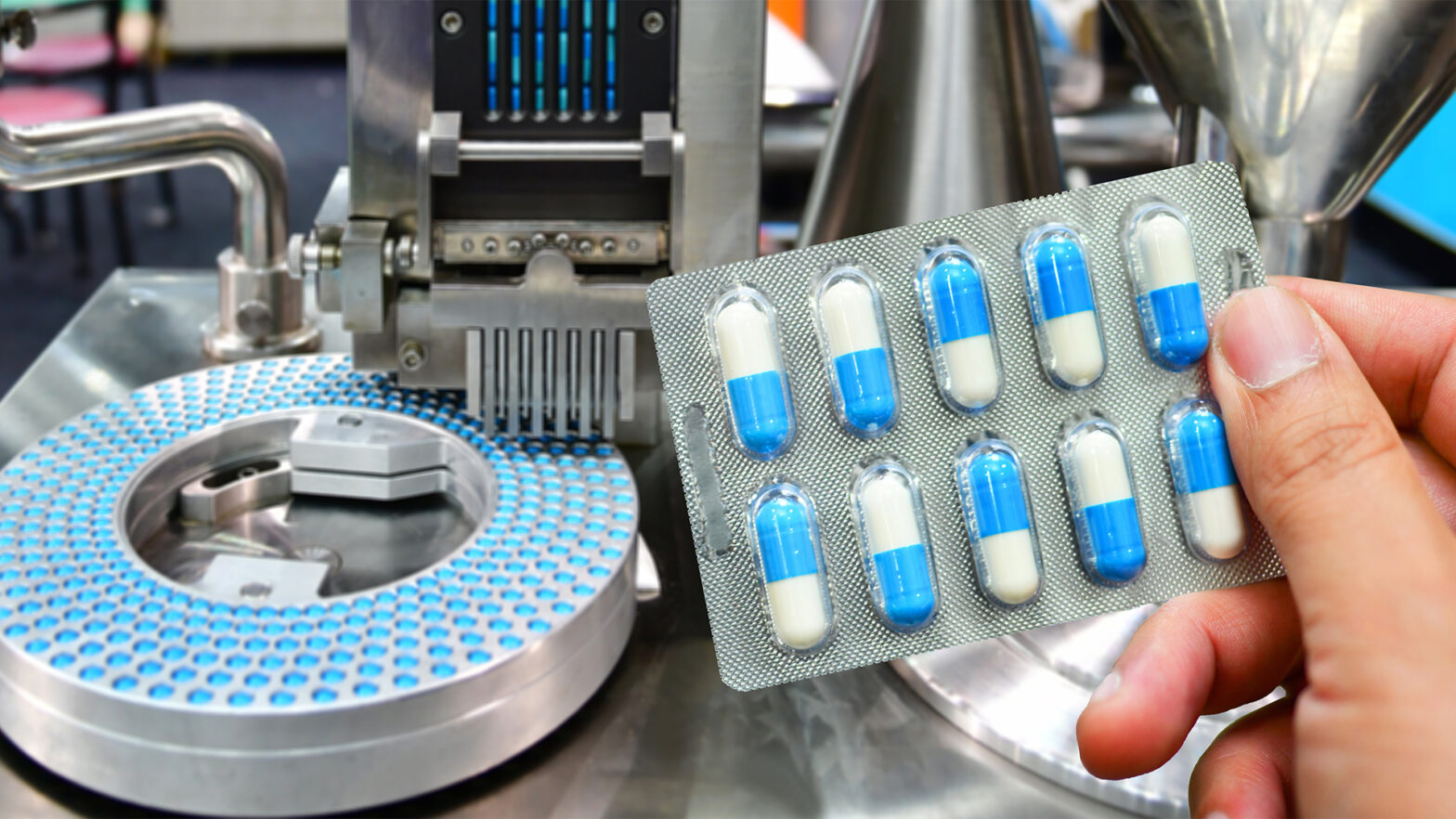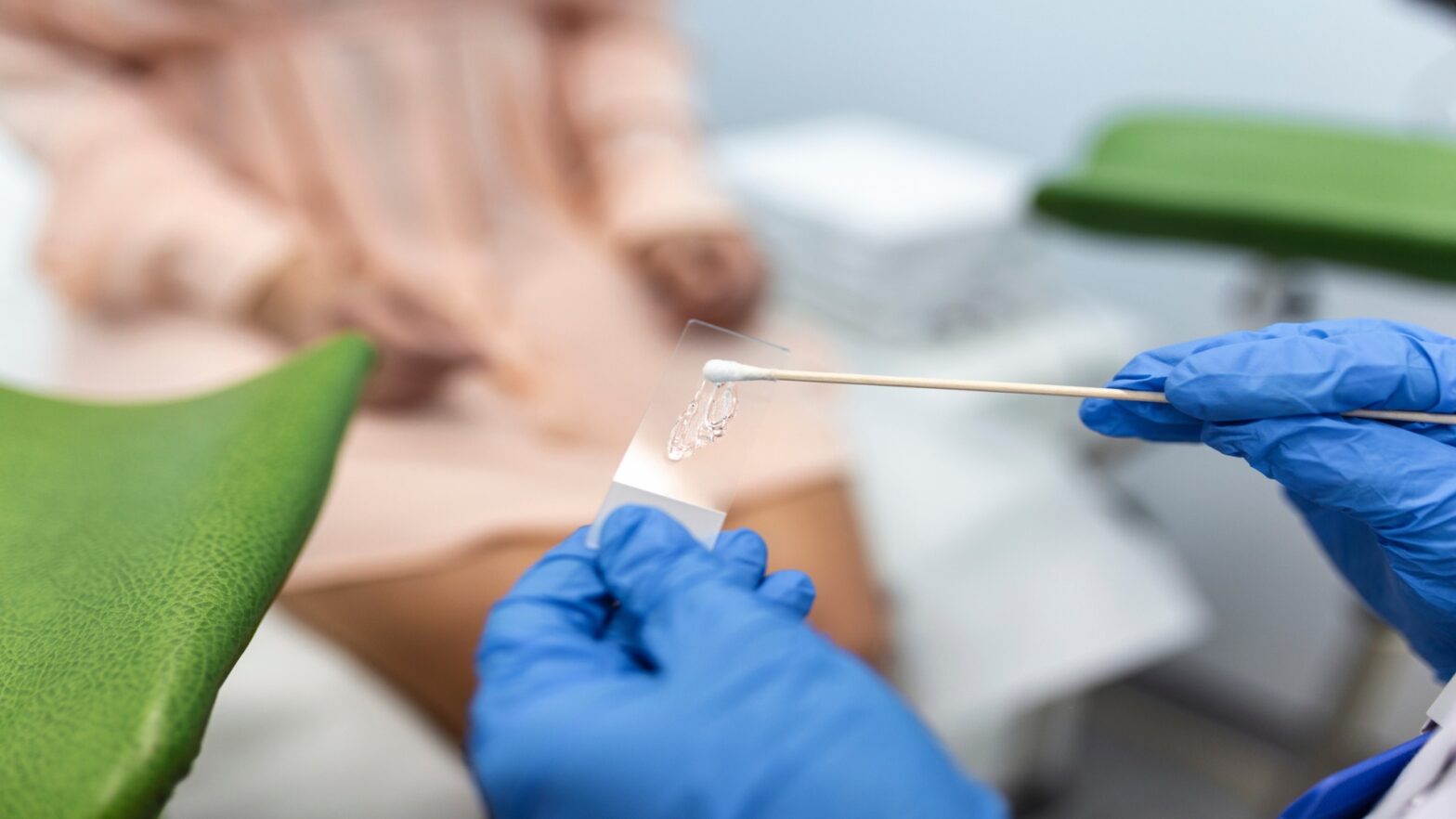Developing new medicines and treatments requires extensive, prolonged periods of research, and requires the involvement of all sorts of professionals across a spectrum of specialisms.
Doctors are often required in this context, with their contributions proving invaluable in the emergence of next-gen solutions to long-standing healthcare conundrums. So why are they relevant to medical research, and what part do they have to play?
Exploring the Benefits of Doctor’s Involvement in Medical Research
Put simply, being involved in medical research is an important role for doctors as it helps to bridge the gap between clinical practice and scientific advances.
By collaborating with researchers on projects, physicians can offer their expertise and knowledge to ensure that studies are conducted ethically and efficiently.
For instance, only professionals with hands-on experience of a particular field of medicine can determine whether a fresh theoretical option for improving outcomes will actually work out in practice. So when exploring the benefits of urology-specific EHR software, and implementing changes, it’s useful to actually ask urologists for their input, rather than making assumptions about what they’d like to see.
In addition, this involvement also allows them to stay up-to-date on new findings related to patient care, which could lead to improved treatments or diagnosis methods.
Furthermore, by participating in these initiatives, a doctor’s profile may be amplified within the healthcare community, enhancing professional reputation while simultaneously advancing science through innovative approaches.
Developing Innovative Approaches Through Interdisciplinary Dialogue on Pioneering Ideas
Medical research projects can benefit greatly from the input of doctors and their unique perspectives. By being involved in these initiatives, physicians have access to first-hand data which helps inform new breakthroughs and discoveries that would otherwise remain untapped.
This interdisciplinary dialogue also encourages collaboration between clinicians and researchers, who work together to identify pioneering ideas for improving treatments or methods of diagnosis.
Ultimately, when healthcare professionals are actively engaged in medical research, it makes them invaluable contributors, as they possess insight into patient care that is essential for creating innovative approaches with real-world applications.
What a Doctor’s Involvement in Medical Research Looks Like Today
In terms of the day to day participation of doctors within medical research, this includes everything from participating as principal investigators for studies, to providing data and insights that are valuable to academics.
Additionally, physicians often help review grant proposals or manuscripts related to new treatments or diagnosis methods, offering their expertise while keeping healthcare professionals up-to-date on developments within the field.
Many medical schools now offer courses which focus on teaching clinicians how they can best support research initiatives, with their knowledge of patient care and clinical practice creating a more holistic and all-encompassing approach than has been seen in the past.
What the Future Might Bring
Going forward, there’s a high likelihood that doctors will increase the extent to which they contribute to medical research. This is being made possible thanks to the emergence of new tech, from big data to AI tools, which means that they can give their two cents without having to take too much time away from their other responsibilities.
It’s not just electronic healthcare records which enable this, but they are certainly a large part of why doctors are more easily able to assist on all sorts of research projects, both nationally and worldwide.
Final Thoughts
A tech-fuelled future of medical research, supported by interdisciplinary collaboration, is good not only for those professionally involved in healthcare provision, but also for patients, and so this is something to be recognized and celebrated, as well as funded at all levels.

















